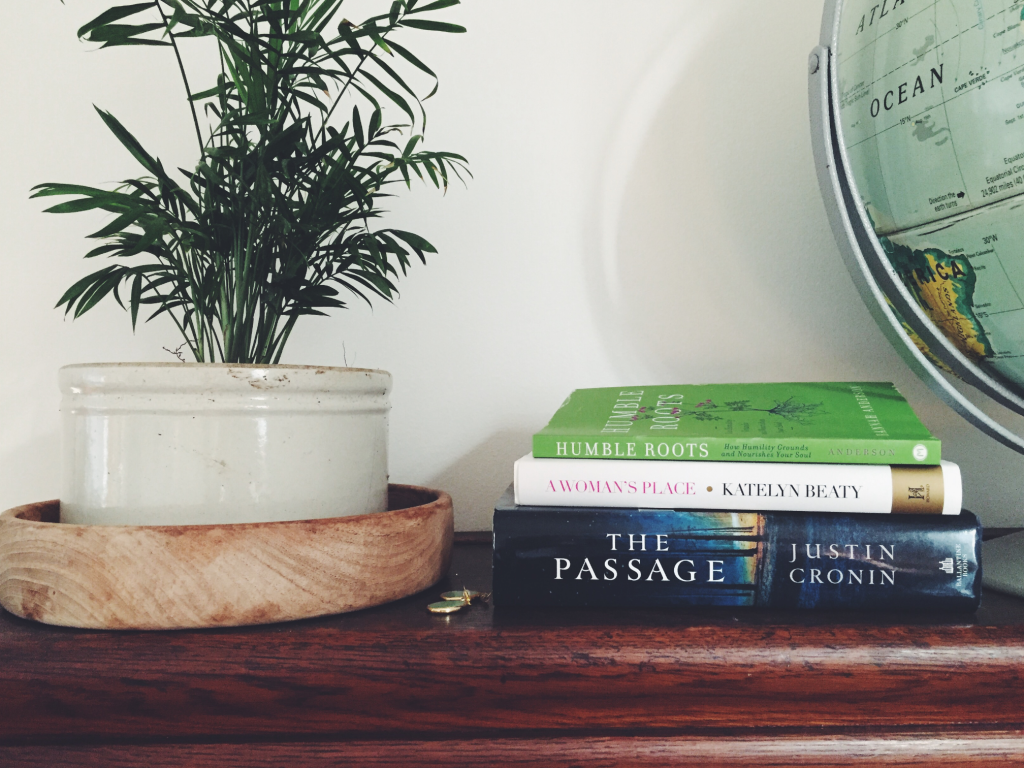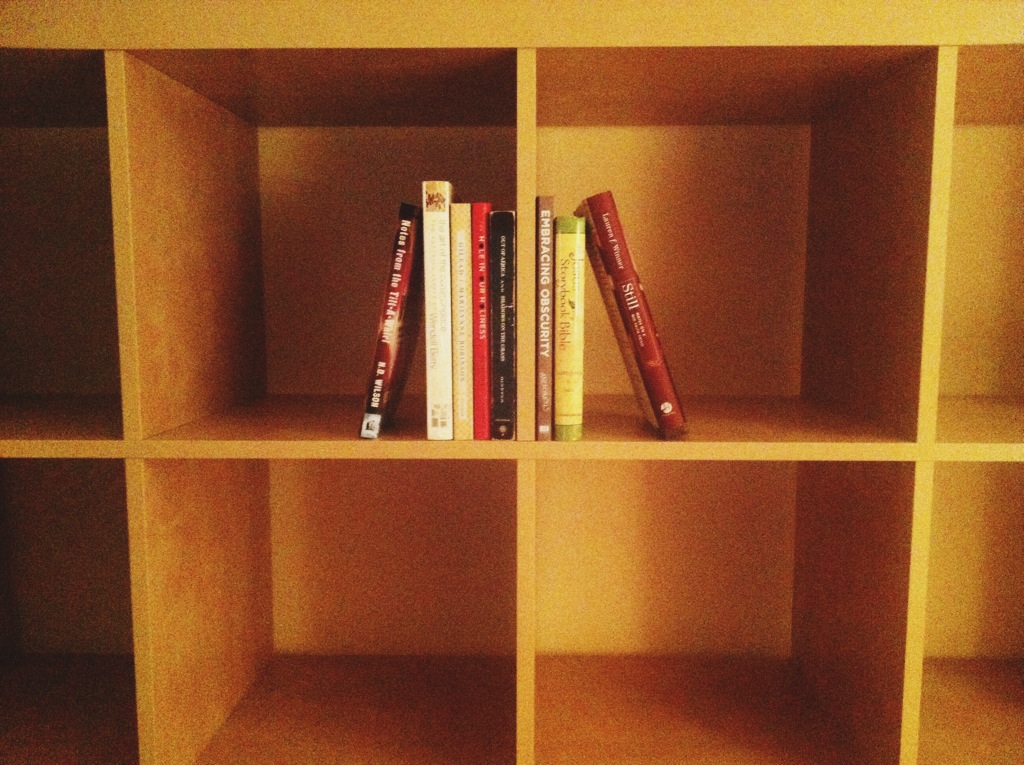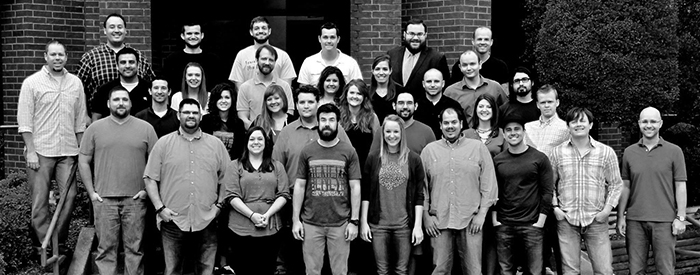Autumn Soul Care
Over the past two months (and on through November) as I head toward the release of Handle With Care, I wanted to quiet some of the unrest and unhealth in my soul. There have been some patterns of anxiety, ignoring my gut sense or intuition in favor of what seemed “right” or obligatory, and a general passive engagement with the Lord. In laymen’s terms, I was “going through the motions.” So, in true form, I sat down, made myself a curriculum, and set myself on it. It was robust, full, ordered, and I knew it would jar my spirit and soul in the ways I needed.
I know so many authors who pour their hearts and souls into their books and then into the marketing process, so much so that they’re always one step behind a burnout or selling themselves out just to get the book sold. I absolutely do not want this. I love writing and I want to write for a long time, so that means recognizing that I am not primarily a speaker or a marketer or a podcaster or an expert in any way. I am a writer. I will do my best not to sell this book, but to be faithful to what God is asking of me each day. Part of that, for today, is making sure my soul is well-cared for and not going into the release on empty.
This was a long way of telling you that I have been eye-ball deep in soul-care material this fall. All my prioritized reading is related to the care of my soul and I am not feeling one bit guilty about the pile of other books waiting to be read. I thought I’d share a few of the books, links, podcasts, and exercises I’ve been working through in this time. My homemade curriculum is 16 weeks and specifically tailored to areas where I needed to grow, but perhaps some of it might be helpful to you as well. I’m just sharing source materials below, the course itself has practices, written reflections, and writing exercises built into it as well. It has already been so hard and so good for me.
My texts for these 16 weeks are:
Sacred Rhythms, by Ruth Haley Barton. This is my third time through her easy to read book on Spiritual disciplines and it’s my favorite Spiritual discipline book.
Who God Says You Are, by Klyne Snodgrass. My friend Mason King recommended this to me last winter as a resource for Handle With Care, but I’ve been working my way slowly through it all this year and it will probably be my book of the year.
As I Recall, by Casey Tygrett. One of the main works of the first month of this time has been working with my own memories of blessing and memories of trauma. Casey has been a good leader for me.
Holy Noticing, by Charles Stone. Again, working with paying attention to memories, histories, circumstances, and not letting those things terminate on themselves.
Soulful Spirituality, by David Benner. I haven’t gotten to this one yet in the course, but I’ve paged through it and really enjoyed The Gift of Being Yourself by Benner in the past.
The Relational Soul, by James Cofield and Richard Plass. This one has been on my to-read list for a few years now and I just haven’t prioritized it. It comes highly recommended by people I trust.
I do not listen to many podcasts. Maybe because I am a little over-stimulated by them, or because I find it hard to follow when there are multiple voices involved. But I have really come to appreciate Adam Young’s podcast, The Place We Find Ourselves. I recommend starting at the beginning of the first seas onand working through it all slowly. It has been tremendously revealing for me in my own lack of emotional health.
I also appreciate Potter’s Inn Podcast on Soul Care. These are longer listens, so they just require more time for me.
Last week Mike Cosper released his episode of Cultivated with Chuck Degroat (who you should absolutely be reading) and I listened twice. I am deeply grateful for his work. Here are two recent posts he wrote (first and second) and a class he offers on contemplative prayer. In fact, it was Chuck’s words that helped me to realize that if I kept going at the rate I was, without stopping to care for my soul, I was headed for some destruction, either of my own or others.
These aren’t included in my Soul Care Curriculum, but they’ve been helpful pieces or videos for me to mull on in a deeper, more reflective way the past few weeks. Perhaps one or two will bless you.
The Hazards of Online Faith Writing
What does it mean to pay spiritual and moral attention to the conflicts of our lives?
Finally, as I do this work, here are the two playlists I’ve been listening to:












